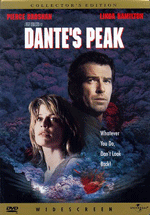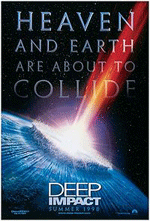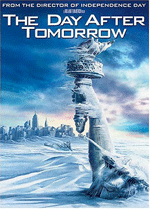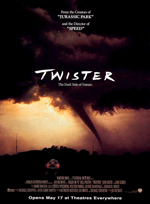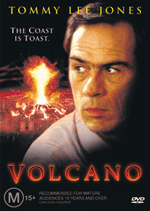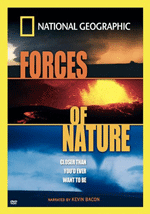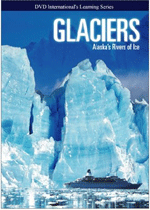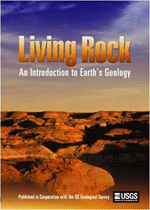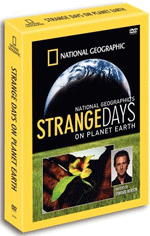Room and Equipment Reservations
Rooms
DEEPS faculty, staff, and students are able to reserve available rooms in GeoChemistry, Lincoln Field, and MacMillan Hall to host departmental meetings, events, or activities.
The specified rooms in GeoChemistry, Lincoln Field, and MacMillan Hall are intended to meet the longstanding needs of the Department of Geological Sciences, Chemistry, Center for Environmental Studies (CES) and the Environmental Change Initiative (ECI) for seminars, colloquia, conferences, and meetings. These rooms are also available for use by other departments, campus-wide, when not being used by Geology, Chemistry, CES or ECI.
To reserve a room:
- Go to Google Calendars
- Select the room you want to view
- Click the arrow to "display only this calendar"
- Review to see whether the date/time you require is available
- Email Patricia Davey to request your reservation.
If you have any questions or are unable to review the room calendars, please contact Patricia Davey.
Users reserving rooms should understand that there may be times when they will be asked to reschedule or relocate their activity because the room is needed for another activity that is regarded as having higher priority.
DVDs Available on Loan
Thanks to a generous donation from the Class of 2005, the following DVD's (in two categories: entertainment and educational) are available for loan, free of charge, to members of the Department of Earth, Environment and Planetary Sciences. Contact Pat Davey to make arrangements.
